How to think about Israel and Gaza? We asked Palestinian and Jewish leaders
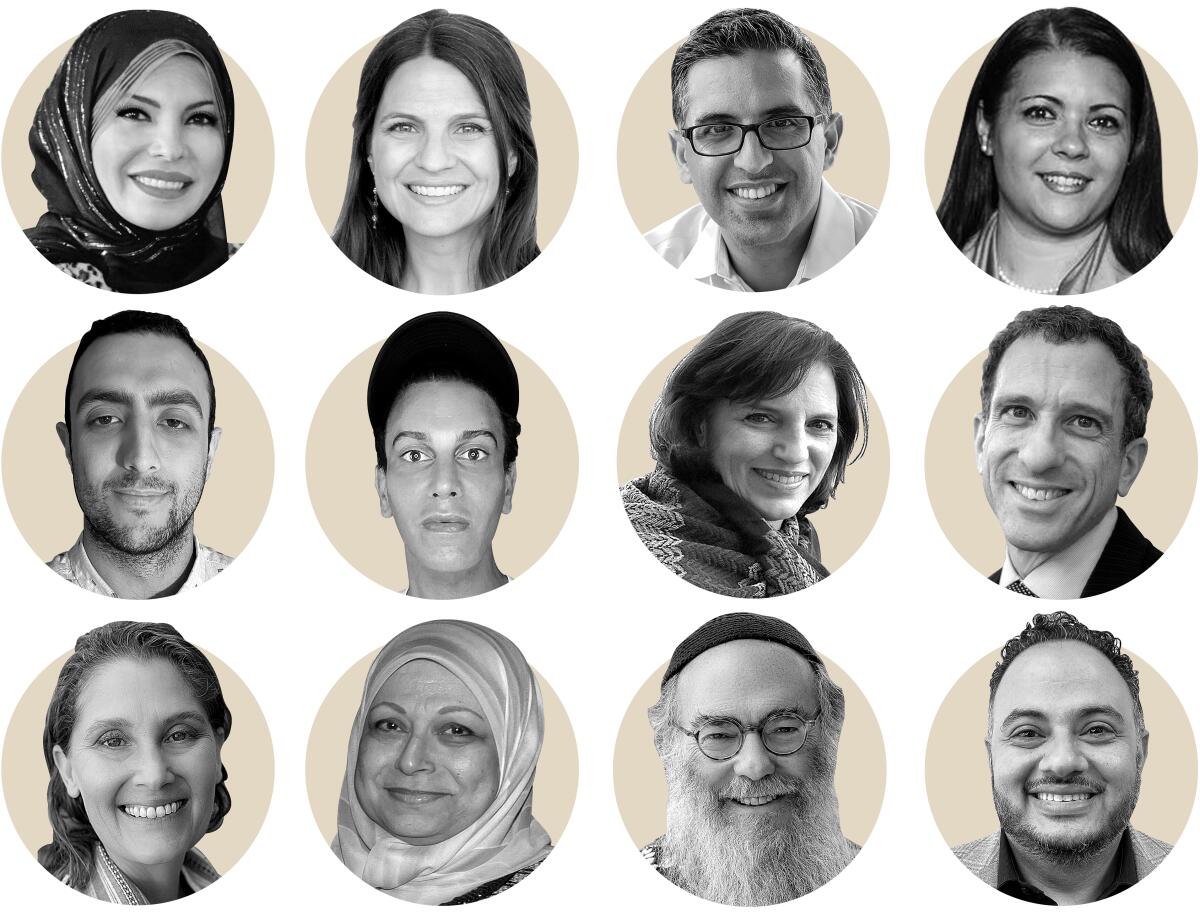
- Share via
For those with ties to Israel and Gaza, this past week has been a nightmare.
Once again, a region that has seen too much violence is in the throes of it. Jewish and Palestinian Americans have been praying for the safety of family members and friends, mourning the loss of loved ones and going to bed fearful of what the next day will bring.
To understand how those in Southern California are processing the crisis, The Times reached out to a variety of Palestinian and Jewish community leaders. They expressed grief, sorrow, anger, fear and, at times, hope for a peaceful future. Responses varied within communities as much as between them. This is a sampling of what they had to say.
The following questions and responses have been edited for brevity, clarity and to avoid repetition.
What resolution do you hope for?
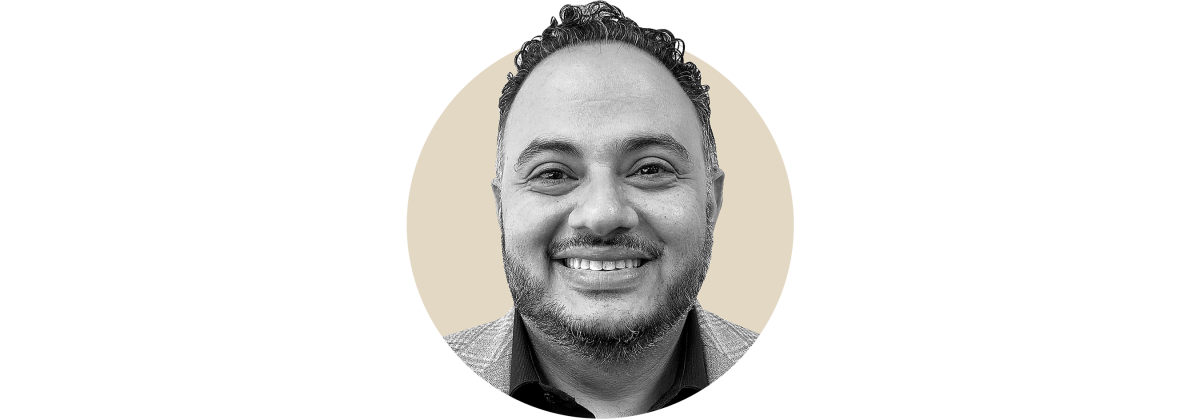
A resolution that preserves dignity and full equal rights for all people who live in historic Palestine, including the Israeli state and the illegally occupied Palestinian land, whether they are Palestinian Christian or Muslim, Israeli Jews, or otherwise.
—Rashad Al-Dabbagh, executive director, Arab American Civic Council
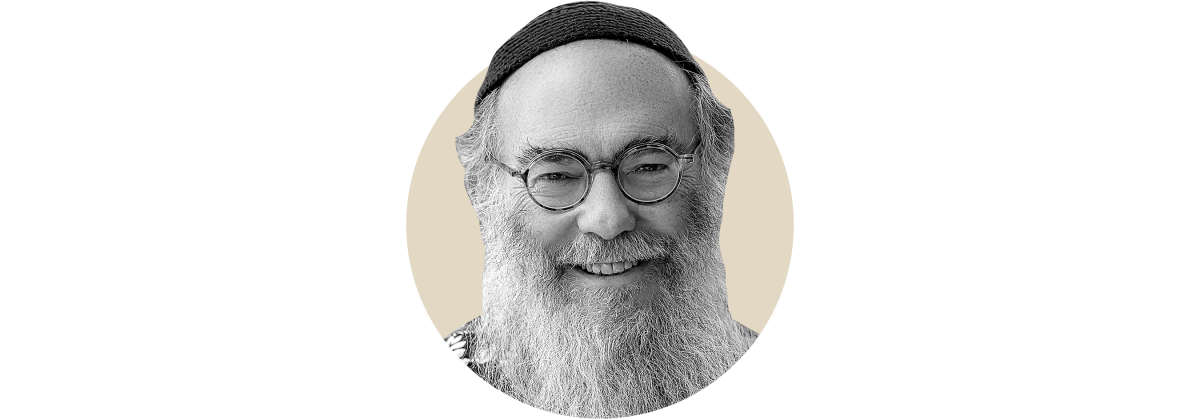
I hope that Israel stops bombing and does not invade Gaza, and that Hamas releases the hostages. In the future I hope that someday Palestinians and Jews will be able to share the land between the river and the sea.
—Rabbi Aryeh Cohen, professor of rabbinic literature at American Jewish University
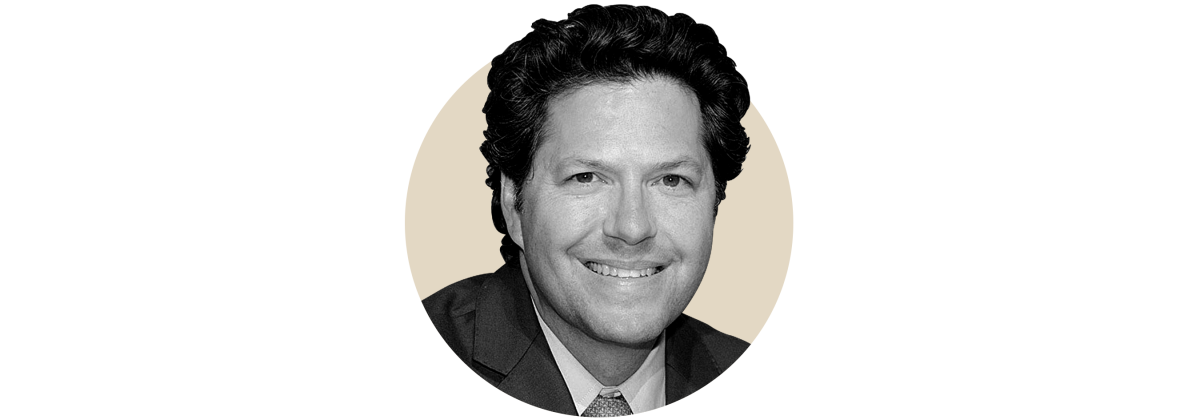
Most importantly, every Israeli hostage must be returned home safely. Immediately. The civilized world must — in one voice — demand this.
—Rabbi Yoshi Zweiback, senior rabbi of Stephen Wise Temple and Schools
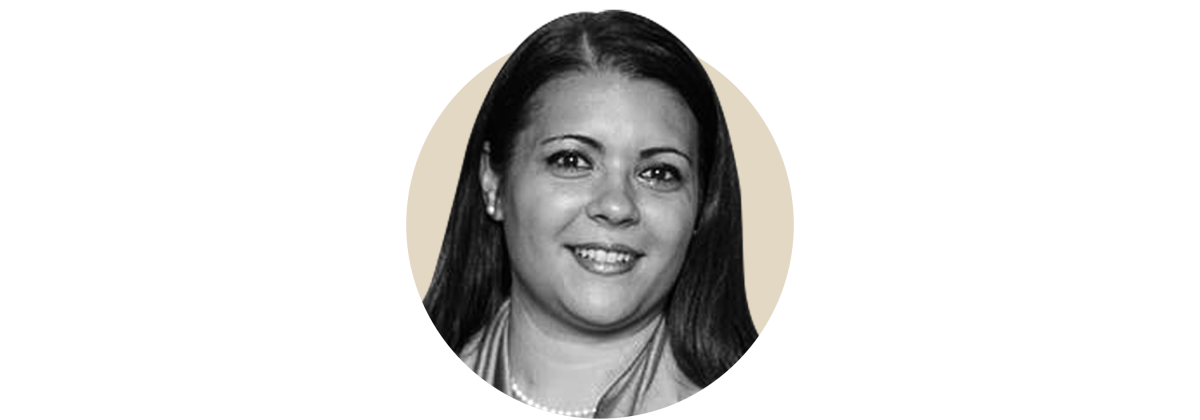
That the violence stops as soon as possible and that the people still in harm’s way will be safe. ... It’s hard to find hope right now, but I pray that for our communities in the U.S., we can see each other’s pain and recognize each other as humans.
—Aziza Hasan, executive director of NewGround: A Muslim-Jewish Partnership for Change
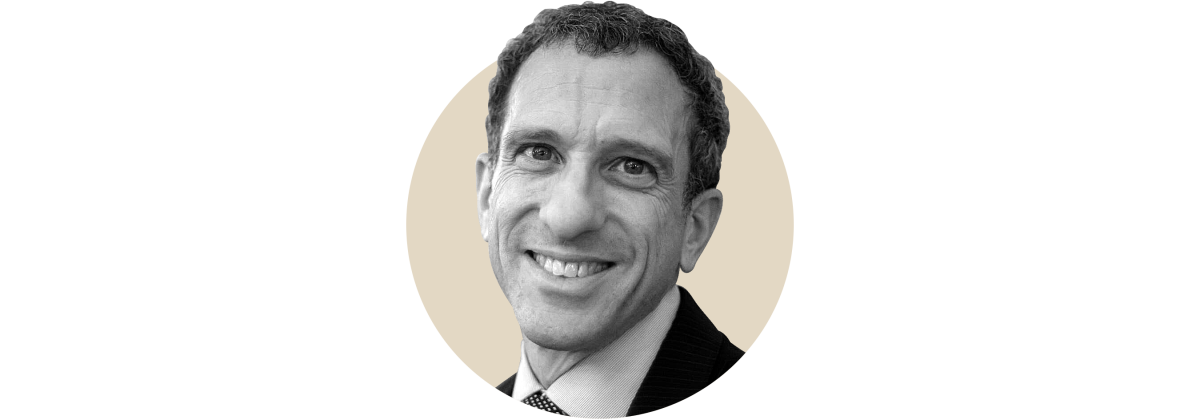
A time when the Palestinian community will offer an unequivocal recognition of Israel’s right to exist as a Jewish state within secure borders. This will restore the social and political voice of the enormous swath of the Israeli population that desires peaceful co-existence, a voice that was brutally silenced by the Second Intifada twenty years ago. It’s a big ask, to be sure. But it is the key to the lock.
—Rabbi Yosef Kanefsky, senior rabbi of B’nai David-Judea Congregation
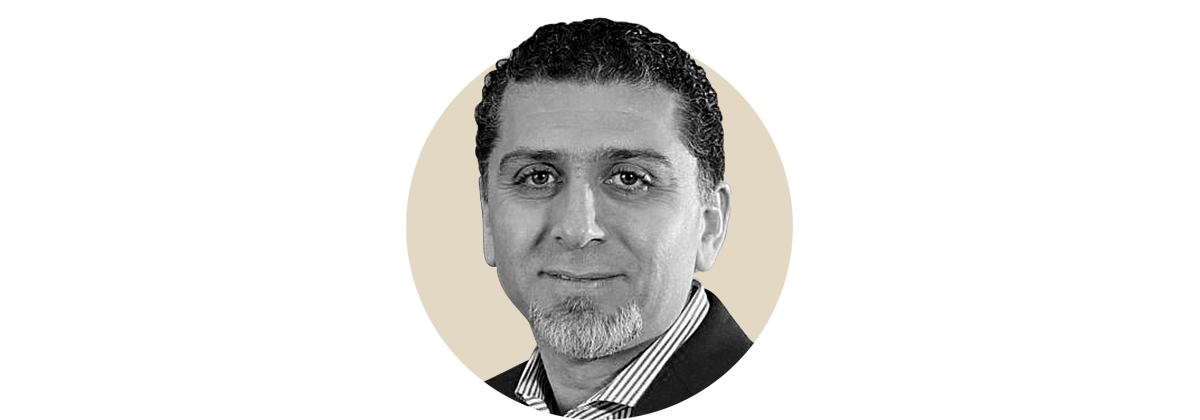
That everyone living between the Mediterranean and the Jordan River can equally enjoy a peaceful, secure life and have the freedom to shape their own destinies.
—Dr. Ahmed Soboh, chair of the Islamic Shura Council of Southern California
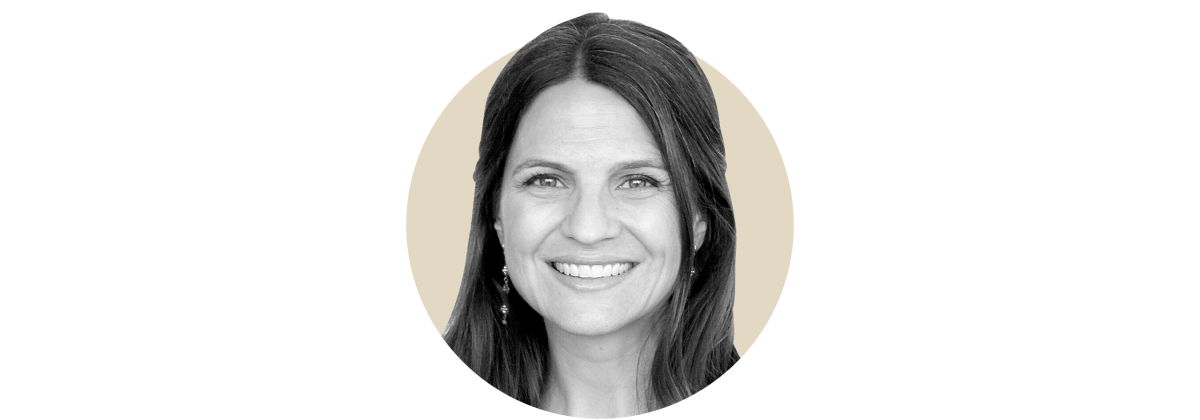
I am asking for us to dare to hold the humanity, the heartache and the need for security of the Jewish people while also holding the humanity, the dignity and the need for justice of the Palestinian people. For too long, these two have been treated as a false binary. In fact, the only liberation will be a shared liberation.
—Rabbi Sharon Brous, senior and founding rabbi of IKAR
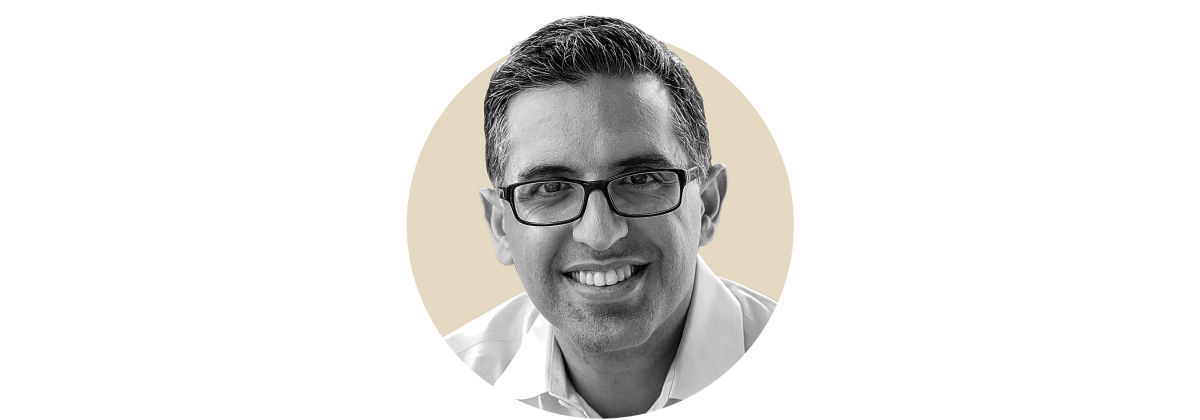
I pray for the Palestinian people to be free from the terrorist organizations that have suffocated them and suppressed their future for decades. I pray for peace for two people in two nations, with dignity and without terror. Until then, I pray for justice for those who perpetrated these crimes against humanity and the permanent dismantling of Hamas.
—Sam Yebri, Iranian American Jewish attorney and former L.A. city commissioner
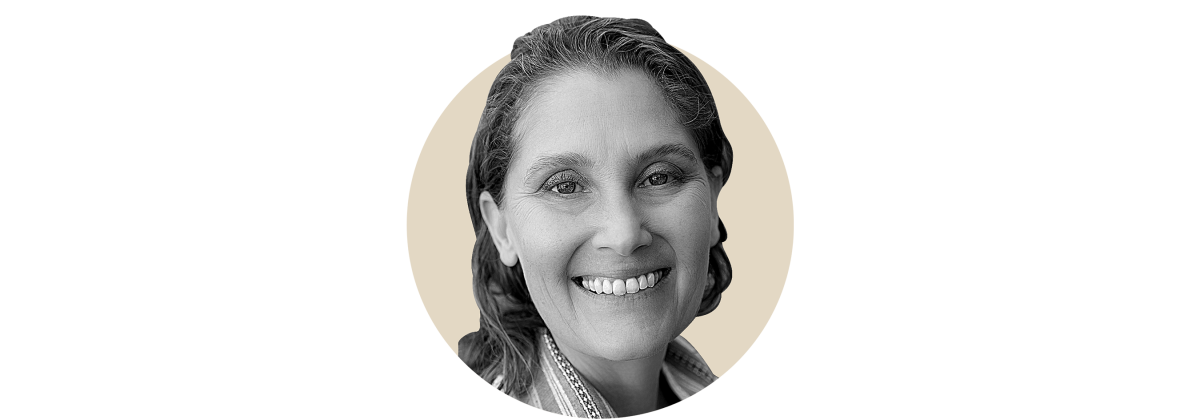
We need a new way forward rooted in safety, dignity and human rights for Israelis and Palestinians. As much as Americans feel they know how to solve the issues it is important to remember that this transformation will be led by Israelis and Palestinians. There are many on-the-ground leaders who have been doing this work together for years. They need to be amplified and supported.
—Rabbi Susan Goldberg, founding rabbi of Nefesh

That those who believe in our common humanity and the value of all human life will lead us out of this darkness.
—Laila Al-Marayati, chair of KinderUSA
Have your feelings on this issue evolved over time?

Unfortunately, yes. In my younger years, I was much more hopeful. However, with time, I’ve observed a lack of willingness among our own presidents and government officials to help a just and workable resolution to this conflict without being biased to one side or the other.
—Dr. Ahmed Soboh, chair of the Islamic Shura Council of Southern California

I have dealt with, experienced and studied Jew-hatred throughout my entire life. What hasn’t changed is my utter bewilderment at its persistence. ... From literature, art, music, mathematics, science and — of course — religion, we have given so much to the world. The degree to which some people despise us and even celebrate in our suffering continues to be shocking and painful.
—Rabbi Yoshi Zweiback, senior rabbi of Stephen Wise Temple and Schools
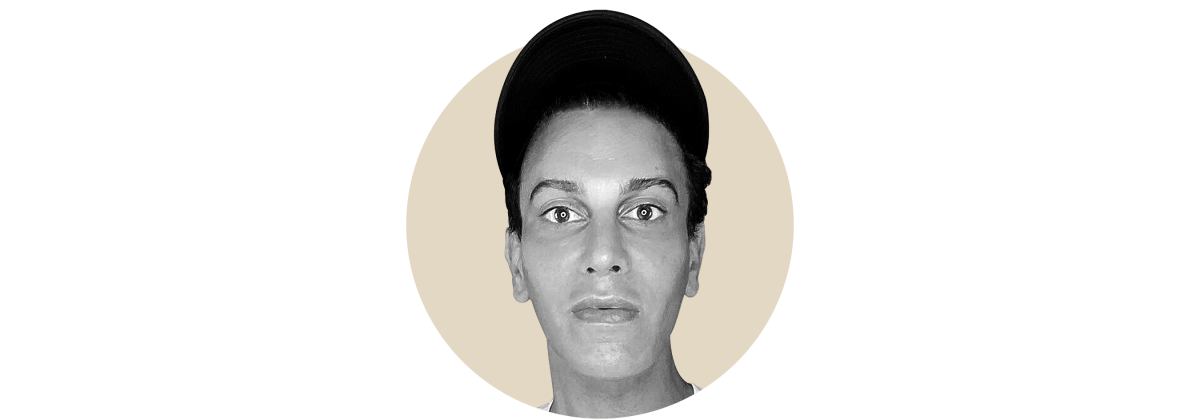
The widespread support for Hamas’ terrorism makes me see that our priority should be self-protection and resisting those who seek to destroy us, rather than focusing on peace talks. In the past, I had a different perspective, advocating for nonviolence and peaceful resolutions. However, recent events have shifted my stance significantly.
—Matthew Nouriel, community engagement director, JIMENA — Jews Indigenous to the Middle East and North Africa

I feel like I have become more numb as I helplessly watch events unfold.
—Laila Al-Marayati, chair of KinderUSA

I moved to Israel in 1976, and it was only over the course of the next several years and one war that I realized that I had never thought about the Palestinian people in this Zionist equation. After the peace deal with Egypt and the 1982 war in Lebanon, my foundational Zionist beliefs began to crumble. I started to see and hear Palestinians. The mythology of Israeli righteousness and purity was tarnished, and there was nothing that could burnish it. I have come to believe that the occupation is a moral stain and is evil.
—Rabbi Aryeh Cohen, professor of rabbinic literature at American Jewish University

Initially, I believed we needed to present the case for the Palestinian cause more substantially. But what I have come to understand over the last several years is that it’s not about talking points and arguments. It’s about humanizing people, listening to understand instead of to counter, and a commitment to see people the way they want to be seen. There is no path to a life of dignity and fullness if we can’t see the humanity in each other.
—Aziza Hasan, executive director of NewGround: A Muslim-Jewish Partnership for Change
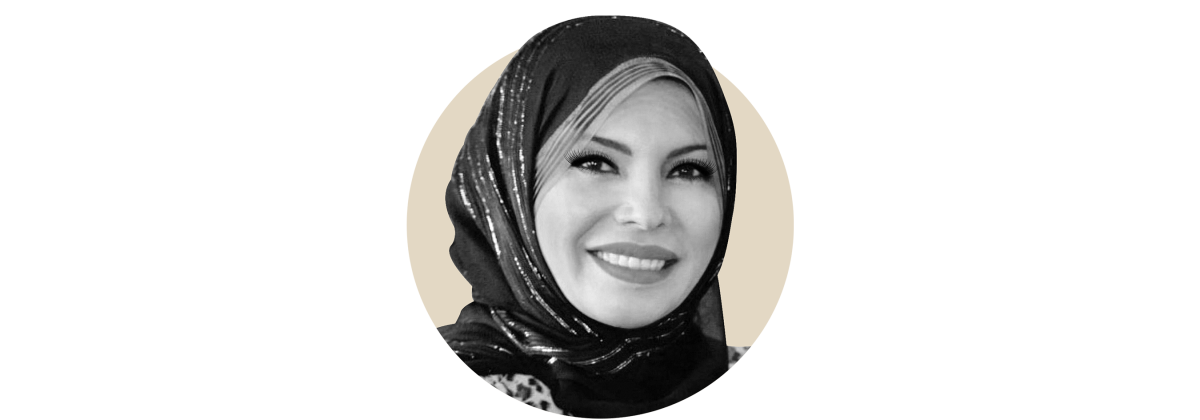
I find myself growing bolder and more resolute in my conviction that our struggle is just and the plight of my Palestinian people is undeniably real and deserving of global attention. The more I delve into the depths of our history, the more I uncover the deep-rooted injustices that have plagued us for generations. This realization has ignited a fiery passion within me, intensifying my unwavering determination to fight for our liberation and sovereignty. Additionally, I have become increasingly convinced that all people can live together on the basis of justice for all.
—Amani Barakat, Palestinian activist

Over the years I have come to believe that to truly honor and love Israel, one must hold it to its own greatest aspirations, actively opposing policies that undermine Israel’s Jewish and democratic commitments. As such, I am an outspoken opponent of the occupation and Israel’s right-wing, ultra-nationalist, and now messianic government. I continue to stand with and amplify the hundreds of thousands of Israelis who are fighting for the soul of Israeli democracy, who see that the only future is a just and shared society for Jews and Palestinians alike.
—Rabbi Sharon Brous, senior and founding rabbi of IKAR
How should these communities perceive each other?

Both our communities should perceive each other as equal human beings who deserve the right to life, dignity and prosperity.
—Rashad Al-Dabbagh, executive director, Arab American Civic Council

Ultimately, my aspiration is to see mutual humanization, recognizing each other as cultural cousins. I hope for a recognition of our Jewish history and our right to exist in our ancestral homeland, while also acknowledging their right to a sovereign state.
—Matthew Nouriel, community engagement director, JIMENA — Jews Indigenous to the Middle East and North Africa.

In such dire circumstances, both communities should prioritize putting an end to this brutal violence before concerning themselves with how they are perceived. The urgency lies in stopping the bloodshed, and only then can we address the issue of perception.
—Amani Barakat, Palestinian activist

The vast majority of Jews and Israelis hope for two nations for two people next to each other with dignity and with peace. However, Israel has no choice but to go for war against Hamas because no nation on Earth can tolerate the barbaric acts of Hamas against Israel’s civilians.
—Sam Yebri, Iranian American Jewish attorney and former L.A. city commissioner

We must reject the reductive idea that Palestinians and Jews must be eternal enemies. That one’s victory necessitates another’s victimhood. I have always felt, when I’ve heard Palestinians share their sorrow and suffering, their dispossession and their yearning, that there is a people particularly well suited to empathize with their plight, given their own history of sorrow and suffering, dispossession and yearning: the Jewish people. This is especially hard when we are so raw and brokenhearted, but it is critical that we find ways to see one another.
—Sharon Brous, senior and founding rabbi of IKAR
Which voices aren’t we hearing?
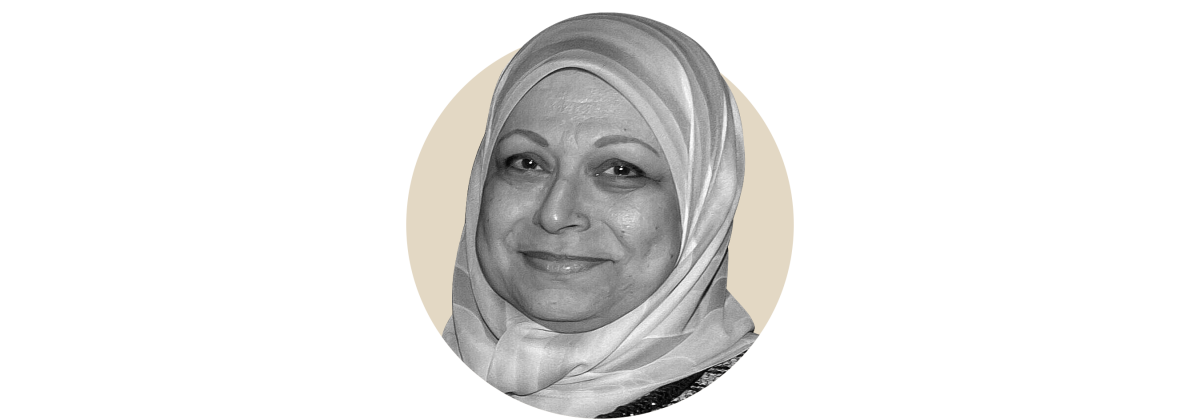
The oppression and cries of Palestinians for decades from being denied their basic human rights.
—Hedab Tarifi, Palestinian advocate and member of Los Angeles Council of Religious Leaders

We need to hear clear condemnation from the multifaith and human rights communities, from all people of conscience. The most natural biological and spiritual instinct is to identify with another human being’s suffering. To look at this violence and shrug, or worse — to blame — not only hurts the victims, it hurts us all. When we close our hearts to one another’s anguish, we create a moral vacuum that only violent extremism can fill.
—Rabbi Sharon Brous, senior and founding rabbi of IKAR

Most of us are not hearing other people who are not us. If we heard them we would learn that Israelis live with a constant trauma of destruction, and that Palestinians live with the present pain of displacement and death on a regular basis.
—Rabbi Aryeh Cohen
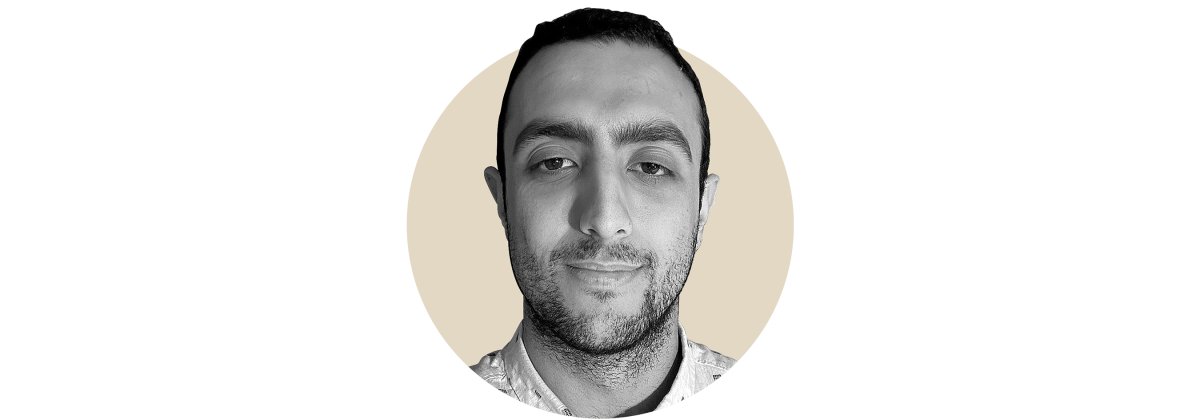
The intergenerational trauma of Palestinians and the dispossession of our land, culture and voices are largely suppressed by the mainstream media and are instead substituted with racist caricatures of Palestinians and Arabs that portray us as barbaric and savage. This only delegitimizes and dehumanizes Palestinian voices and stories.
—Shareef Abumuhor, community organizer with ANSWER Coalition L.A.

We are not hearing enough of the courageous Israelis and Palestinians on the ground there who have been working together for peace and justice. They know how to hold one another’s pain and dignity and have been trying to create a place where everyone has the rights and the safety they all deserve.
—Aziza Hasan, executive director of NewGround: A Muslim-Jewish Partnership for Change

The voices of children and young people who live in Gaza and have been subjected to multiple attacks and a cruel siege for their lifetime. How do they cope? What helps them be resilient? Do they dream of a different future for themselves? They have suffered terribly for crimes they did not commit. Or their parents who have to suppress their own fear, panic and grief in order to maintain some sense of reassurance and normalcy for their children.
—Laila Al-Marayati, chair of KinderUSA
What should people do to help?

Reach out to your Jewish friends in love and support. Tell your elected officials to devote more resources to combating antisemitism and all forms of xenophobia. Demand that local and state law enforcement protect Jewish lives, institutions and places of worship. Thank federal authorities and elected officials for their support of Israel, inspired by shared values, a shared commitment to democracy, and shared strategic objectives.
—Rabbi Yoshi Zweiback, senior rabbi of Stephen Wise Temple and Schools

Listen to the stories of the people in Palestine who are most impacted by oppression and violence, and uplift their stories. Then urge your representatives in Congress to stop aiding Israel’s state violence with our tax dollars.
—Rashad Al-Dabbagh, executive director, Arab American Civic Council

Expose yourself to multiple voices, don’t be afraid to hear someone else’s perspective. Historically, the Palestinian narrative has not been heard, especially when they are experiencing threats and attacks in times of relative calm for everyone else. There are numerous experts, authors, community activists and ordinary people who are affected by what is happening in Palestine. Seek them out.
—Laila Al-Marayati, chair of KinderUSA

Do not look away. Do not remain silent. We have seen the darkest evil imaginable. More Jews were killed on October 7, 2023, than any day since the Holocaust. Share the stories because the world must know this war and the ensuing suffering in Israel and Gaza began because of the heinous crimes against humanity of Hamas. And thank those who are standing with Israel and for peace against Hamas and against evil.
—Sam Yebri, Iranian American Jewish attorney and former L.A. city commissioner

People should come out to pro-Palestine rallies and demonstrations to unwaveringly show their support for the Palestinian people’s right to resist and return to their homeland. They should also join organizations that fight for Palestine and for all oppressed workers and people of the world.
—Shareef Abumuhor, community organizer with ANSWER Coalition L.A.

It is vital that we reach out to each other. It will be challenging and uncomfortable. Even when we care about each other, we will still struggle. But we must try our hardest to see and listen to each other’s stories and pain. Our communities are all stronger when we are interconnected, and to be interconnected compels us to understand how our friends hurt and why. There is so much we can’t do, but witnessing one another’s pain and fear with deep compassion is something we can do.
—Aziza Hasan, executive director of NewGround: A Muslim-Jewish Partnership for Change
More to Read
Sign up for Essential California
The most important California stories and recommendations in your inbox every morning.
You may occasionally receive promotional content from the Los Angeles Times.















